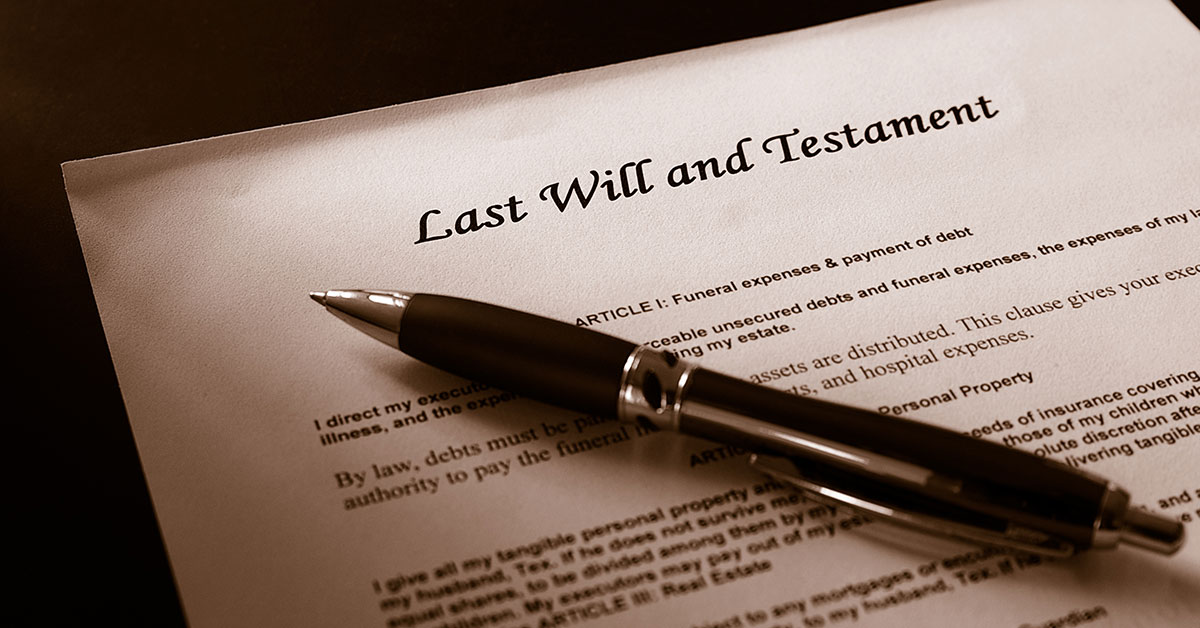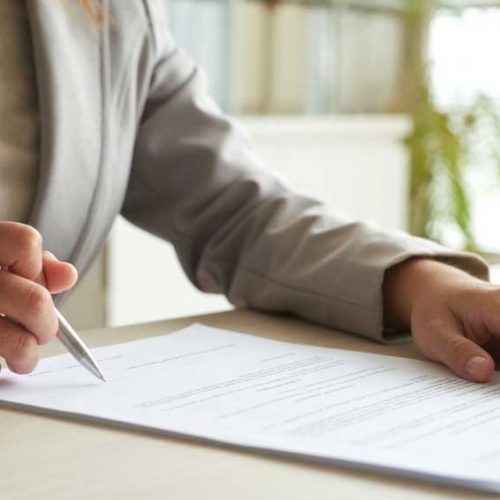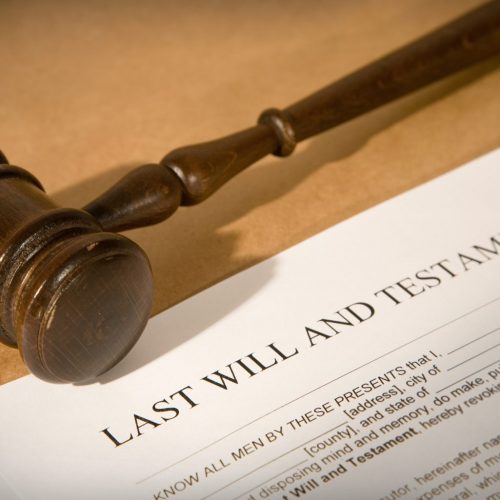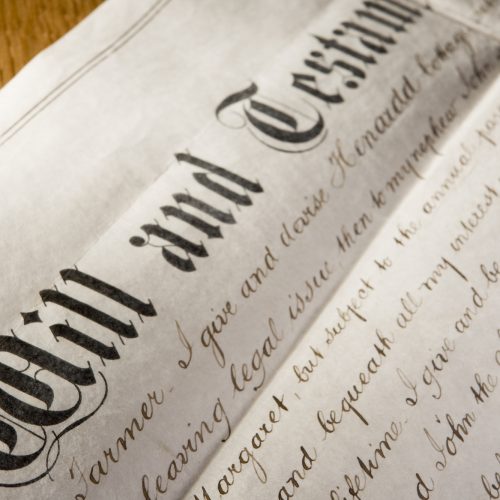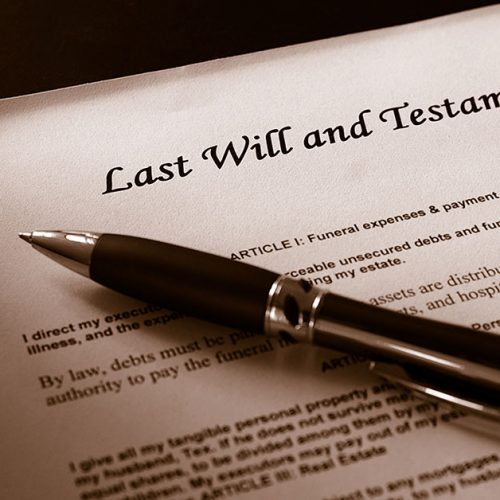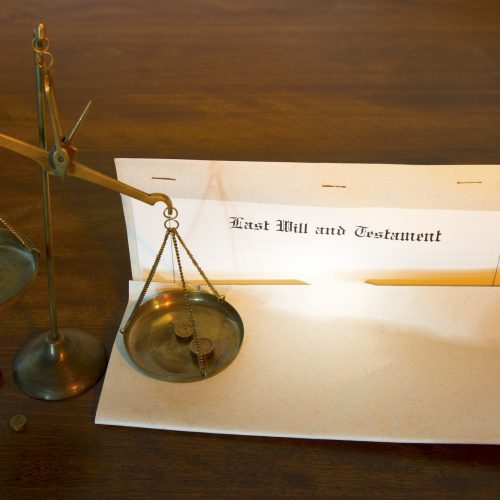4 Questions To Consider When Creating A Will
Making the decision to start estate planning by creating a Will is a very personal decision. Along with it being a personal decision it should also be a timely decision. No one wants to think about what could happen in the future. We’re all going to live to be 100 years-old right? Unfortunately, it’s important to start the process of creating a Will earlier in life so that you’re sure your affairs would be in order if something unexpected happens. Once you have decided to start the process of estate planning, there are several questions you should ask yourself as you work with an estate planning lawyer. Consider these topics as you work through the process.
Should I Have A Living Will As Well?
A will is a document intended to express your wishes after you pass. This includes everything from what happens to children, to who inherits property, and what happens with your finances. A living will is intended for times when you may still be alive but unable to make decisions concerning your care. If you have strong feelings about whether or not you want to be put on a ventilator, or if you know you’re going to have a medical procedure that involves anesthesia, a living will would be an important document to have so that your wishes are known. A living will is a document that compliments a standard will.
How Does This Affect My Children?
The purpose of creating a will is simply to make sure that your wishes are carried out after you pass. This includes any funeral arrangements and financial decisions. When it comes to individuals who have children, who do you want to have make decisions about their lives? If they’re minors, who will be their guardians? How will they be financially taken care of? If your children are older, will they receive equal treatment in the will? Will one be the executor of the estate over the other? These are questions that must be considered.
Who Are My Beneficiaries?
Not everyone has children and not everyone wants their entire estate to go to their children. That’s okay. Deciding who benefits from your estate is a very personal decision. Maybe you have two children and raised a nephew. You can designate equal assets to each of the three individuals so there is no squabbling. Or maybe you don’t have children and wish your assets to go to a very specific charity. That’s the purpose of the will is to be able to specify your wishes and know it will be carried out to the letter of the law.
Do I Need A Trust?
There are a variety of reasons someone may want or need to establish a trust. A trust is when assets are set up in an account with specific rules to them. Essentially the assets are set up where one person manages the assets for the benefit of another. This could be a trust fund for children that only allows access to the money when they go to college and or reach 18 years of age. Or it could be you’re looking to have your children manage your finances as you age. A trust could be of benefit there. Look at your unique situation and see if one could be of benefit to you.

